THE SCENT OF DEATH
by Andrew Taylor
I know I am late to the party (again) - Andrew Taylor has been writing award-winning historical mysteries for decades - but I've only just discovered his incredible novels!
I really enjoyed The Scent of Death and have happily ignored everything else on my TBR pile to go straight into the sequel, The Silent Boy.
Americans may find The Scent of Death particularly fascinating as it is set in 1778 in the besieged loyalist stronghold of New York in the middle of the War of Independence against Britain. I had a bit of a personal connection. Some of our Charlton ancestors left Northern England, emigrated to the Colony and farmed around New York at this time. When the Yankee rebels won the war, like many loyal to the Crown, they emigrated again to Canada. Having now read Taylor's vivid description of what life was like at the time, I can understand why they fled.
The Silent Boy is set ten years later in the aftermath of the French Revolution.
Both novels are highly recommended.
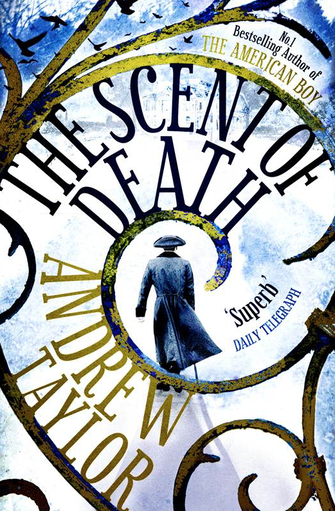
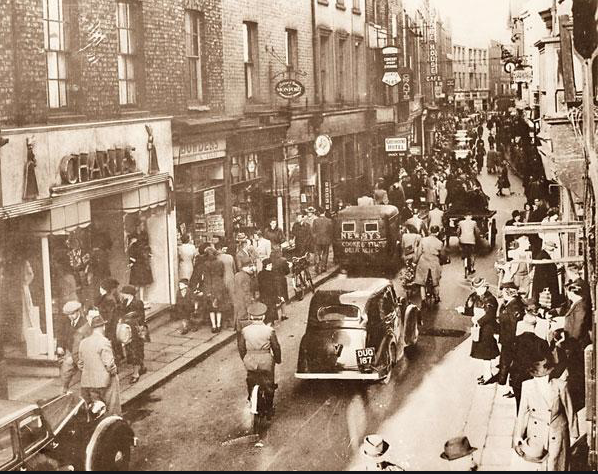
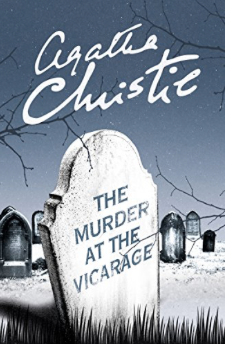
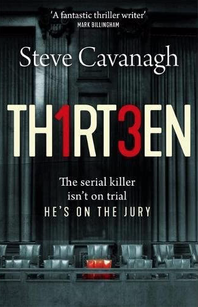
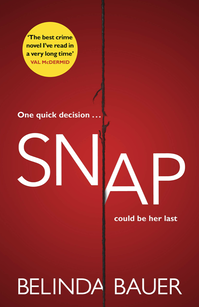
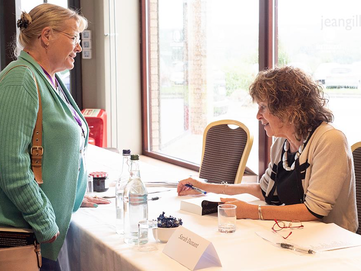
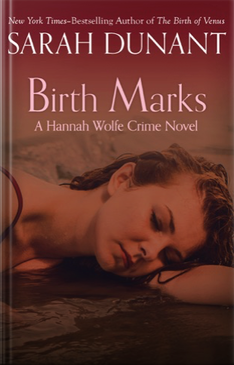
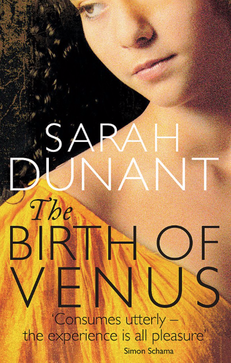
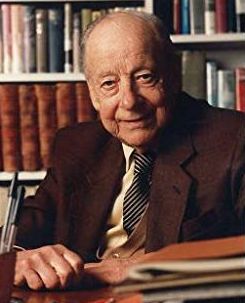
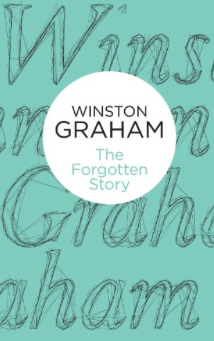
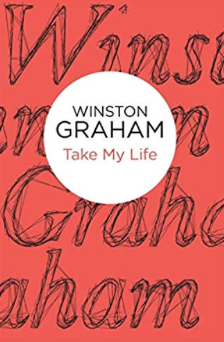
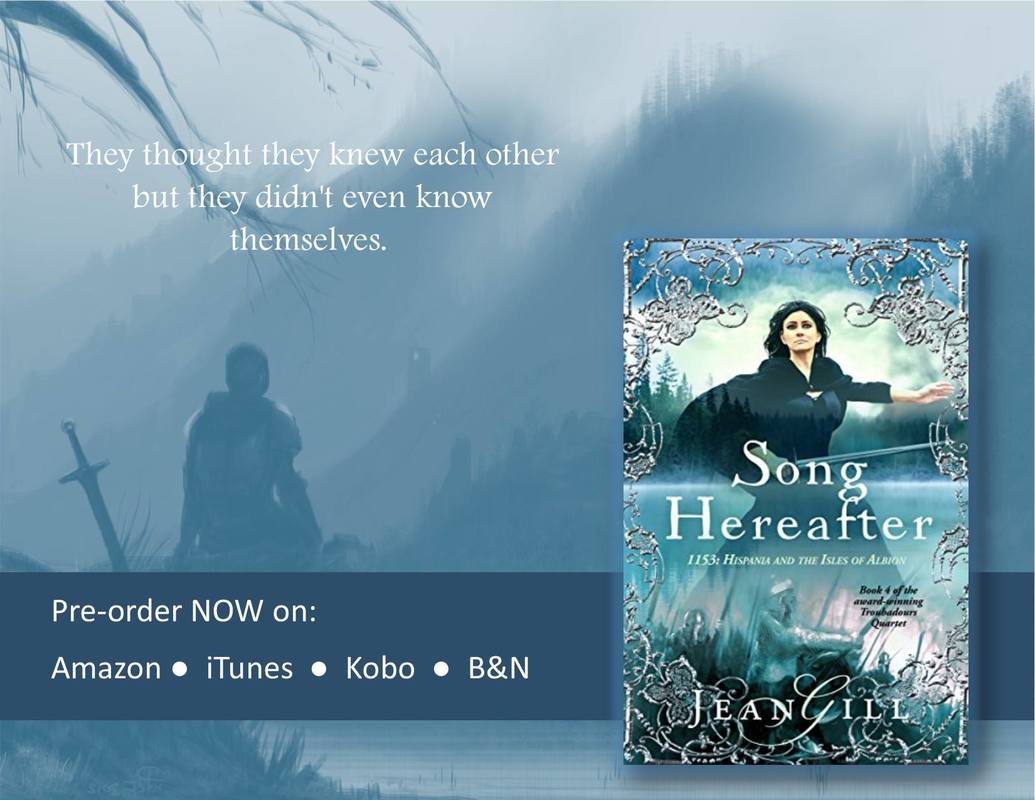
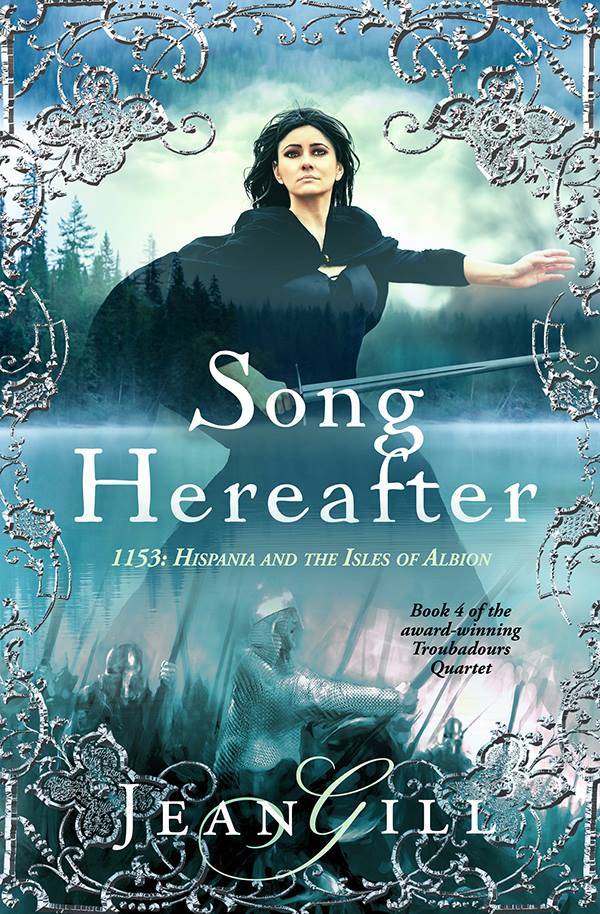
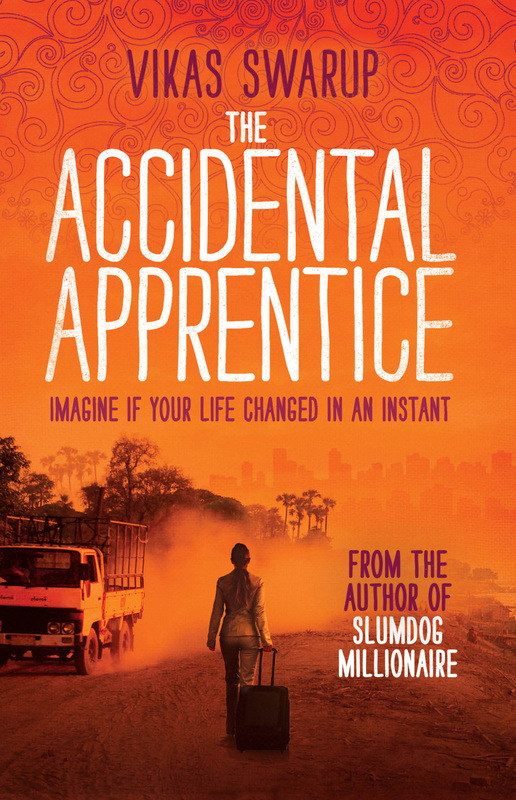
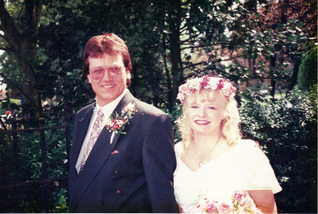
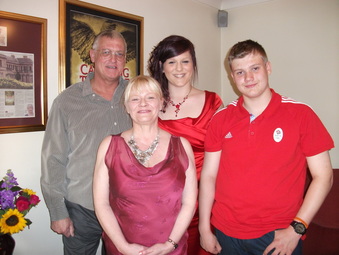
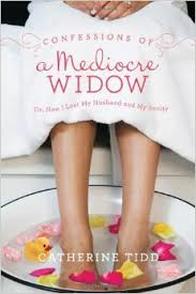
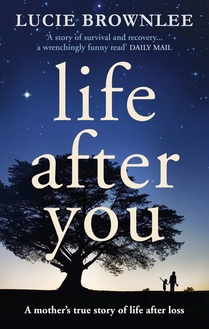
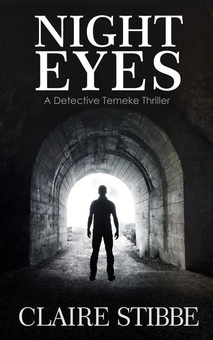
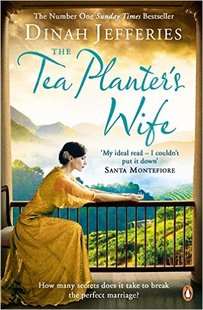
 RSS Feed
RSS Feed